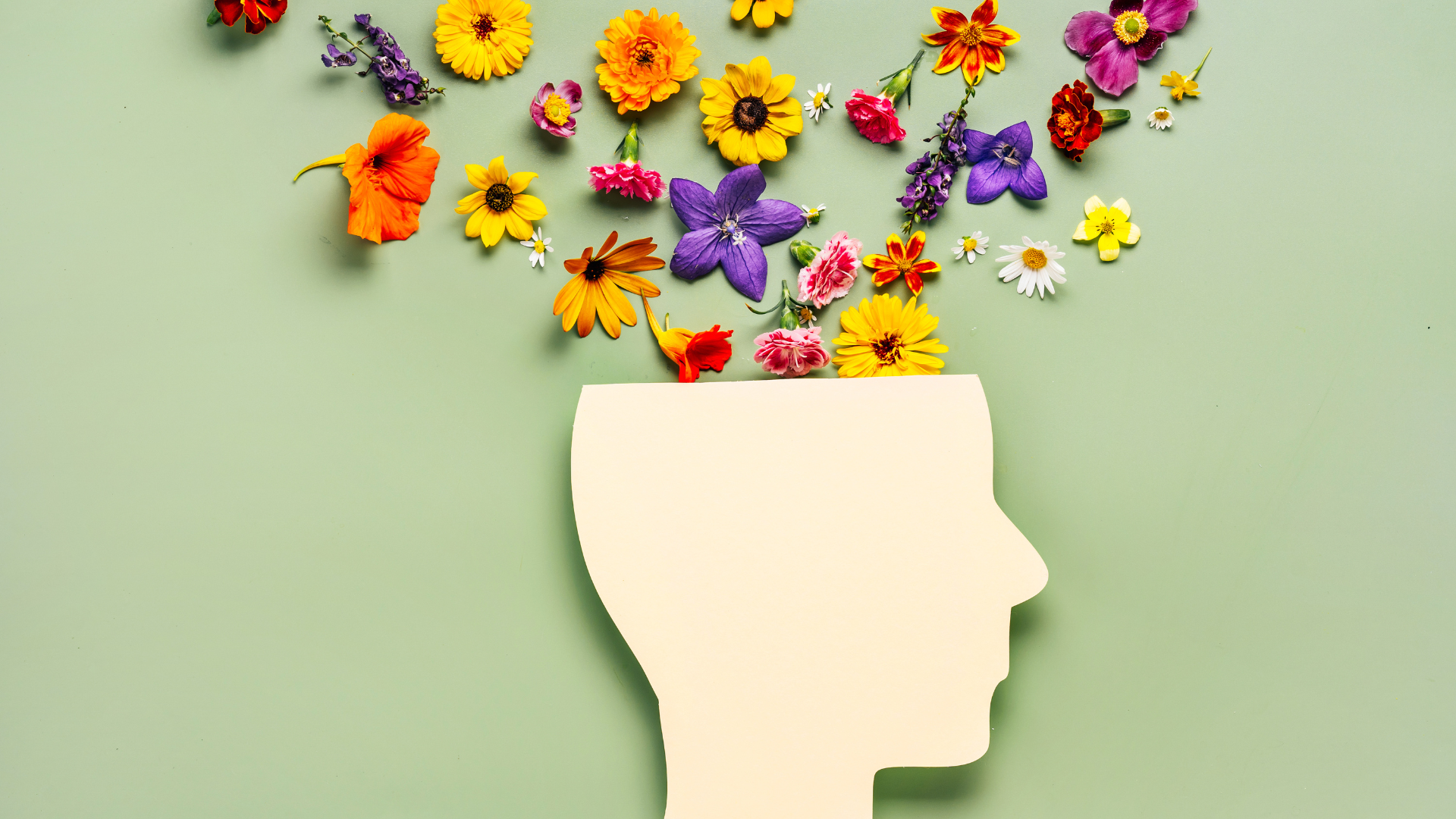Stress, PMDD and What You can do to Help Yourself

Stress is a major contributor to PMDD symptoms. Stress is a normal part of life. It’s not possible to completely eliminate stress from your everyday life, nor would you want to. Some stress can be good and even help us challenge ourselves, too much can negatively impact health and can increase the body’s cortisol levels while throwing other hormones off-balance.
Chronic stress affects every system in the body including the female reproductive system and the menstrual cycle.
Stress is mediated by cortisol which is produced by the adrenal glands located on top of the kidneys. Cortisol is made from progesterone which itself is made from cholesterol. Under stress the adrenal gland produces cortisol to help the body cope. This works well when stress is not chronic. Cortisol levels normalize when stress is longer present. Under chronic stress however, the body’s cortisol levels become depleted. This requires increased production. This means more progesterone is then used up to produce more cortisol. The end result is more estrogen in the system and less progesterone and therefore worsening PMDD symptoms.
Finding healthy methods to cope with excessive stress is the best way to not let it wreak havoc on your body’s natural functioning and help ease some of the symptoms of PMDD.
Here are 5 things mood boosting, stress reducing things you can do to manage PMDD
1. Meditation and Mindfulness Practice
This involves focusing on the breath to stay grounded in the present moment.
Regular meditation can help individuals relax and get relief from both physical and emotional symptoms. Practicing meditation and mindfulness at least 10 minutes a day has been found to produce significant health benefits and go a very long way in reducing anxiety, depression and even physical symptoms.
-
It promotes grounding and better awareness of self and symptoms
-
It allows for better management of symptoms due to better awareness.
Meditation is now readily available and accessible. There are several free apps and youtube videos to help.
2. Warm bath
Warm baths are relaxing and can encourage sleep. The warm water also alleviates menstrual cramps. Enjoy a 20-minute soak before bed to address PMDD symptoms. Benefits of warm baths include:
-
Decrease cortisol
-
Increase Serotonin
-
Promotes better sleep
-
Relaxes the muscle
-
Helps with chronic pain
Use soothing scents and play relaxing music to enhance the effects of a nighttime bath. Adding some epsom salt to the warm bath enhances the benefits even more.
3. Aromatherapy
Aromatherapy uses fragrant plant oils to provide physical and psychological benefits. Evidence showing the benefits of aromatherapy is mixed, but many people claim it helps them deal with stress, pain, and sleep problems.
Some of the most popular oils for PMDD include:
-
chamomile: promotes relaxation and sleep
-
clary sage: relieve menstrual cramps and anxiety.
-
lavender: experience a calming effect.
-
neroli: ease anxiety and relieve PMS.
-
rose: reduce stress and relieve PMS
Add the diluted oils to bathwater, place a few drops in an oil diffuser, dilute in a carrier oil and use as a massage oil, or inhale the scent directly from the bottle.
4. Exercise
Research suggests that regular exercise is beneficial for premenstrual symptoms. One study showed that regular exercise for PMS decreased pain and increased mood. It
-
increases endorphins which helps boost mood and promotes a feeling of well being.
-
Improves muscle tone, which improve menstrual pain and physical function
-
significantly decrease abdominal swelling, cramps, and breast tenderness
-
enhance general health perception, energy levels, and mental health
-
Improves insulin resistance by decrease fat levels in the body and therefore improves estrogen levels in the body
For best results, engage in a mix of aerobic activities and strength training each week. The Physical Activity Guidelines for Americans Trusted Source recommends that all adults aim for at least:
-
150 minutes of moderate-intensity or 75 minutes of vigorous-intensity aerobic activity weekly
-
strength-based activities that work all the major muscle groups, 2 or more days a week
5. Sleep
Lack of sleep can contribute to low mood, fatigue, and increased sensitivity to pain. To reduce PMDD symptoms practice better sleep hygiene including:
-
Having a regular sleep schedule. Make sure to go to bed the same time each night and getting up at the same time each day
-
Make sure to sleep for 7 to 9 hours a night
-
Avoid prolonged daytime naps
-
Avoid caffeine or high-sugar foods and drinks in the hours before bed
-
Limit alcohol intake, especially close to bedtime
-
Turn off the TV and computer at least an hour before bedtime
-
Avoid taking work to the bedroom. Your bedroom is really for sleep, rest and relaxation.
-
Ensure bedroom temperatures are between 60-67°F
-
Take a warm bath, listen to relaxing music, or read a book before bed
See a doctor for treatment. If disorders such as insomnia or sleep apnea are interfering with sleep.




